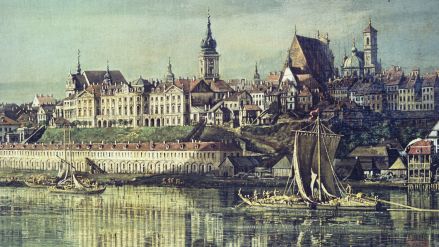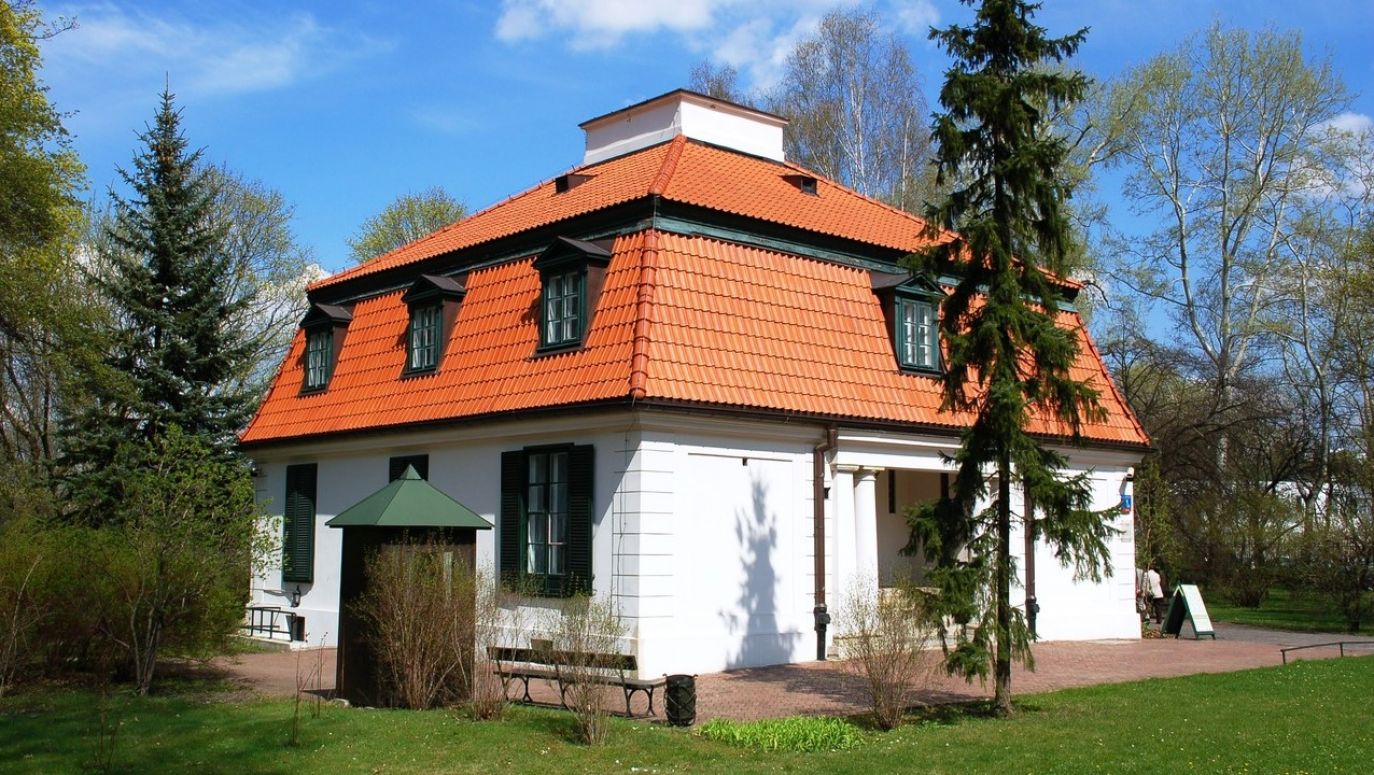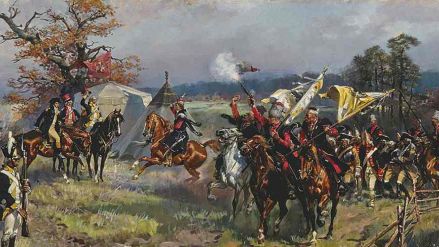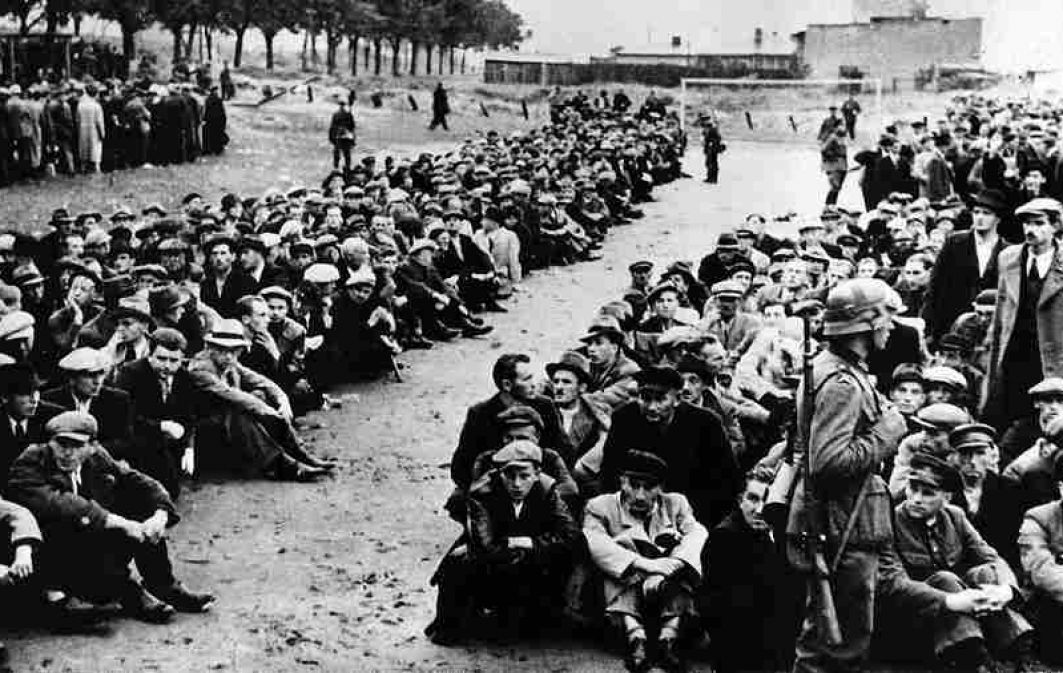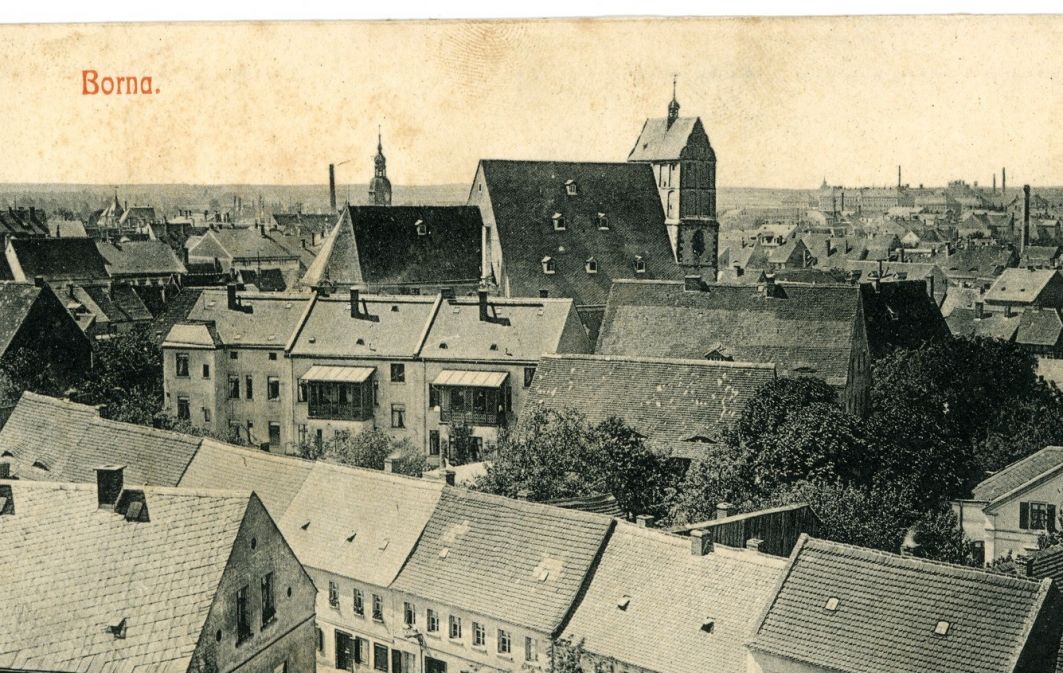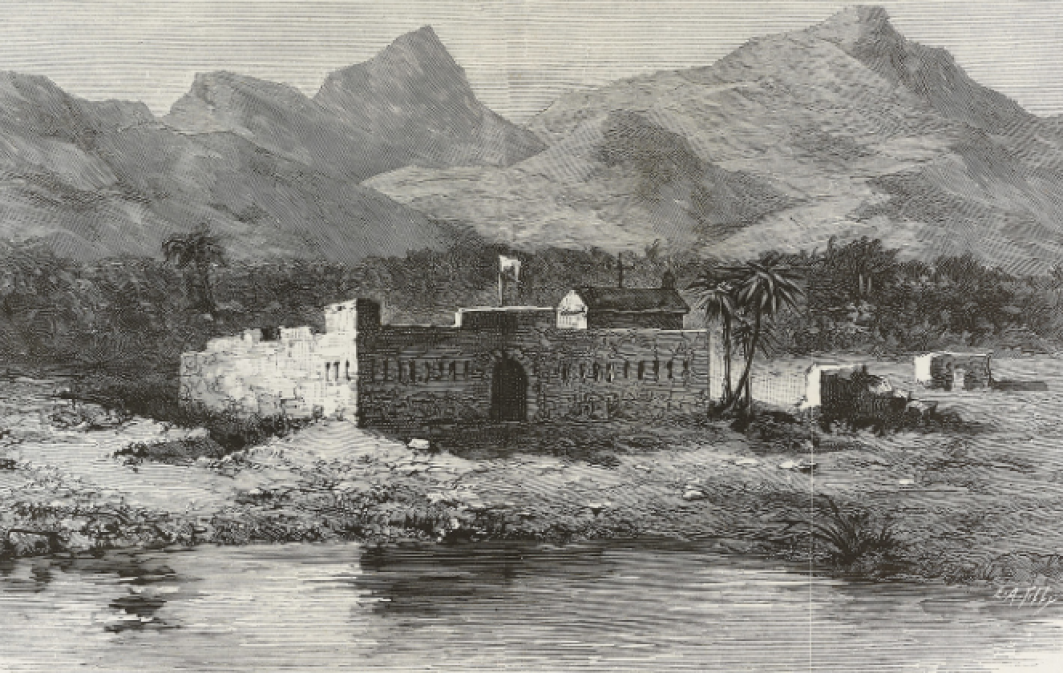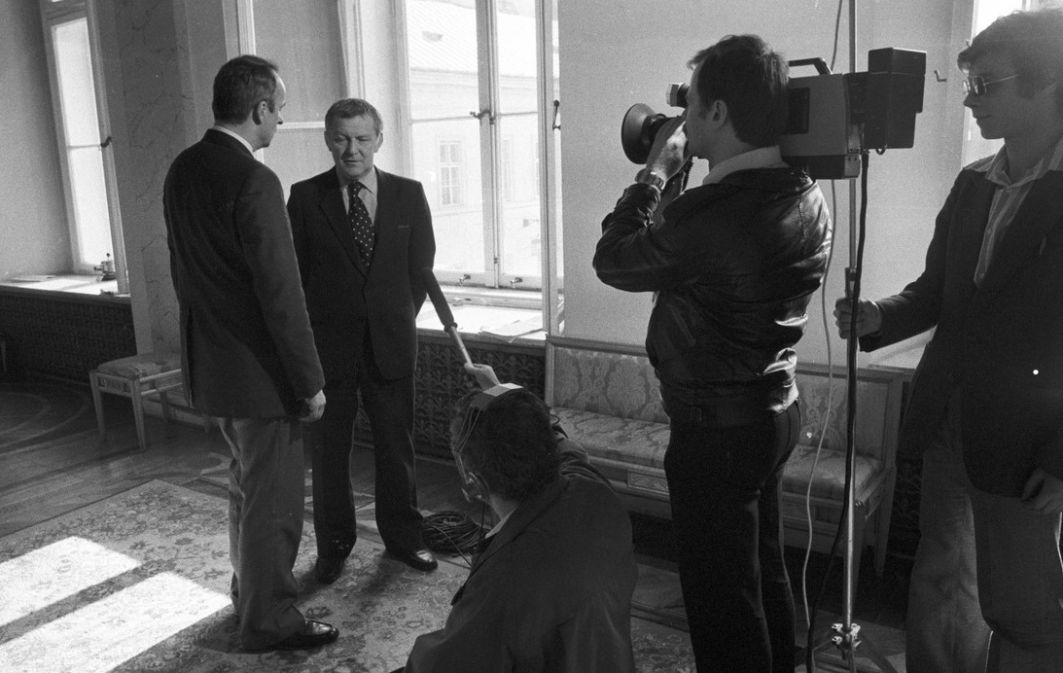In the above-mentioned and more substantive works, however, Madame Lullier is usually portrayed quite seriously, as an important instrument of Stanisław August's behind-the-scenes diplomacy. She is perceived as the administrator of numerous intrigues, even to the extent, to use Gretkowska's language, as "a selector in the king's bedchamber" -- ironically, a kind of double of Prince Potemkin, who played a similar role in the bedchamber of Catherine II.
 SIGN UP TO OUR PAGE
SIGN UP TO OUR PAGE 
Yes, she was often used in missions or as an envoy. "In the spring of 1771, [Henrietta] Lullier, accompanied by Andrzejowa Poniatowski [the wife of Andrzej, the brother of Stanisław August], chamberlain L. Gutakowski, J. Lind and P. Hennequin, left for Vienna. In July, she was already in Paris, where she contacted Mrs. Geoffrin", her biographer Edmund Rabowicz writes. Lullier was delivering letters and invitations. Within the walls of her residence there was space both for a tryst house as well as a sitting room, visited incognito by the King.
While it is all true, I fear that such descriptions attribute too much significance to Lullier. For example, they place her on wedge heels which, despite her small height, she never wore (as opposed to the rouge and powder she so loved). They make a housekeeper out of a lady who rolled through her life like a sugar ball.
Kabbalist-fortune teller and upholsterer
Or maybe it was different. The eighteenth century is tortured in history and literary textbooks like no other epoch. From out of their inquisitorial wringer, all the heroes emerge flat and white as sheets, writing endless treatises on reason, political reforms and the benefits of streets paving. Students perusing them fall asleep poring over the biography of Bishop Ignacy Krasicki. Yet the truth is different. It was a wonderful and uncouth age, abounding in magicians, freemasons and magnetism, in which, just as today, the wildest superstitions flourished in place of ridiculed metaphysics. And the supposedly rigid "division into estates" was so semi-permeable that an upholsterer's wife could receive and dismiss ambassadors...
Take for example Henrietta Zofia Lullier, maiden name Puszet… Just hearing her name makes you want to write her story! Some (including such a seasoned Varsavianist as Stanisław Szenic), following the sound of her name, want to match her with Simon Antoine L'Hullier. This Swiss mathematician tormented not just the children of Prince Adam Jerzy Czartoryski, where he was a teacher, with topology but also all the pupils of the National Education Commission, for which he wrote a textbook on geometry. Others, hearing the term "kabbalist-fortune teller" mentioned in her biographies, and not knowing that it is about playing solitaire, think of Frankists [a heretical Sabbatean Jewish religious movement], marranos [Spanish and Portuguese Jews forced to convert to Christianity but continuing to practice Judaism in secrecy] and the Warsaw kahal 's [the local governing body of an European Jewish community] collusion with the last king of Poland.
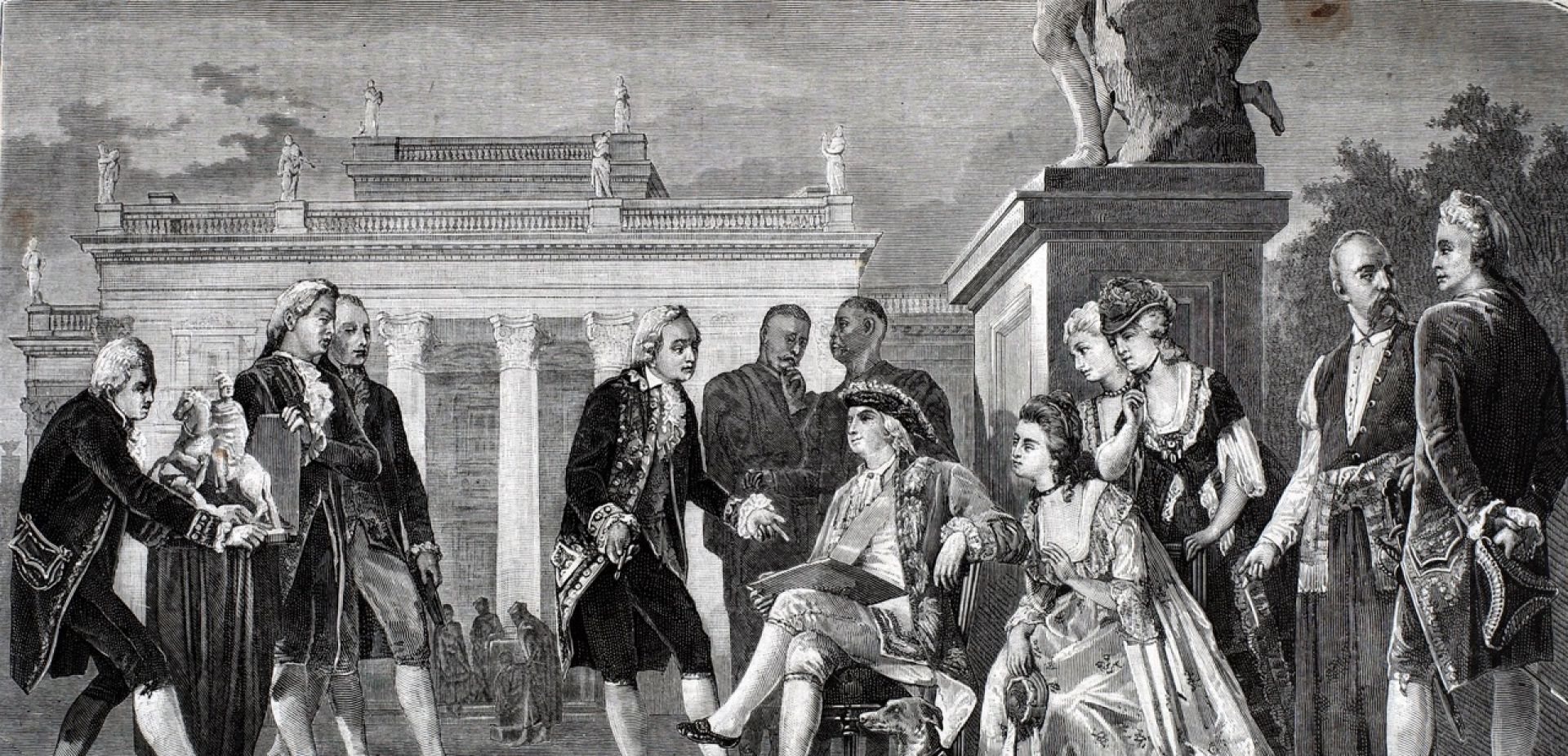

 SIGN UP TO OUR PAGE
SIGN UP TO OUR PAGE 
